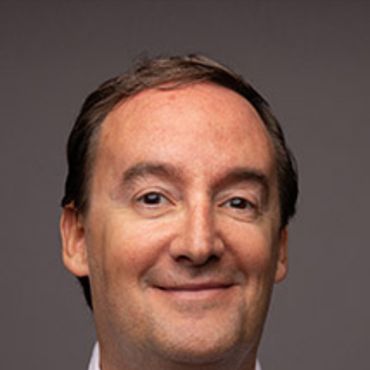The Inter-American Development Bank (IDB) has approved a $5.1 million loan and $2.1 million in non-reimbursable financing to help Honduras promote low-carbon and inclusive, resilient development in the El Cajón and Lake Yojoa basins.
This operation, approved by the IDB's Board of Executive Directors, will foster the adoption of climate-smart and agroecological technologies and practices by micro, small and medium-sized enterprises (MSMEs). It will also promote the incorporation of forest cover and soil restoration practices by key stakeholders in the intervention areas.
This is the first time that a project has combined financing from the Pilot Program for Climate Resilience (PPCR) and the Forest Investment Program (FIP), thereby strengthening climate action.
The project will directly benefit 300 MSMEs, equivalent to 1,500 families, 25% of which will be headed by women.
One of the planned actions will seek to strengthen MSMEs' resilience to the impacts of climate change. To this end, technical assistance and non-reimbursable support will be provided to enable them to adopt climate-smart and agro-ecological technologies. Implementation of nature-based solutions to improve forest cover and soil stability will also be encouraged. These actions are expected to contribute to improving carbon stocks, water infiltration, energy production and MSME income, while at the same time reducing erosion and food insecurity.
Located on Honduras’s Caribbean slope, the El Cajón and Lake Yojoa basins are home to protected areas and to the country's two main hydroelectric complexes. Since hydroelectric power is the main source of electricity in the country, these plants are of vital importance, and their optimal operation is essential to maintaining low greenhouse gas emissions in the energy sector.
The IDB loan is for a 30-year term, with a 10.5-year grace period.
About the IDB
The Inter-American Development Bank is devoted to improving lives. Established in 1959, it is a leading source of long-term financing for economic, social, and institutional development in Latin America and the Caribbean. The IDB also conducts cutting-edge research and provides policy advice, technical assistance, and training to public—and private-sector clients throughout the region.
Salgado Derqui, Javier Jose

Honduras and the IDB
The IDB Office in Honduras aims to advance an agenda that contributes to institutional strengthening, expanding productive opportunities, and promoting greater inclusive and environmentally responsible growth, benefiting both Honduran men and women. The ultimate goal is to achieve sustainable improvement in social indicators.